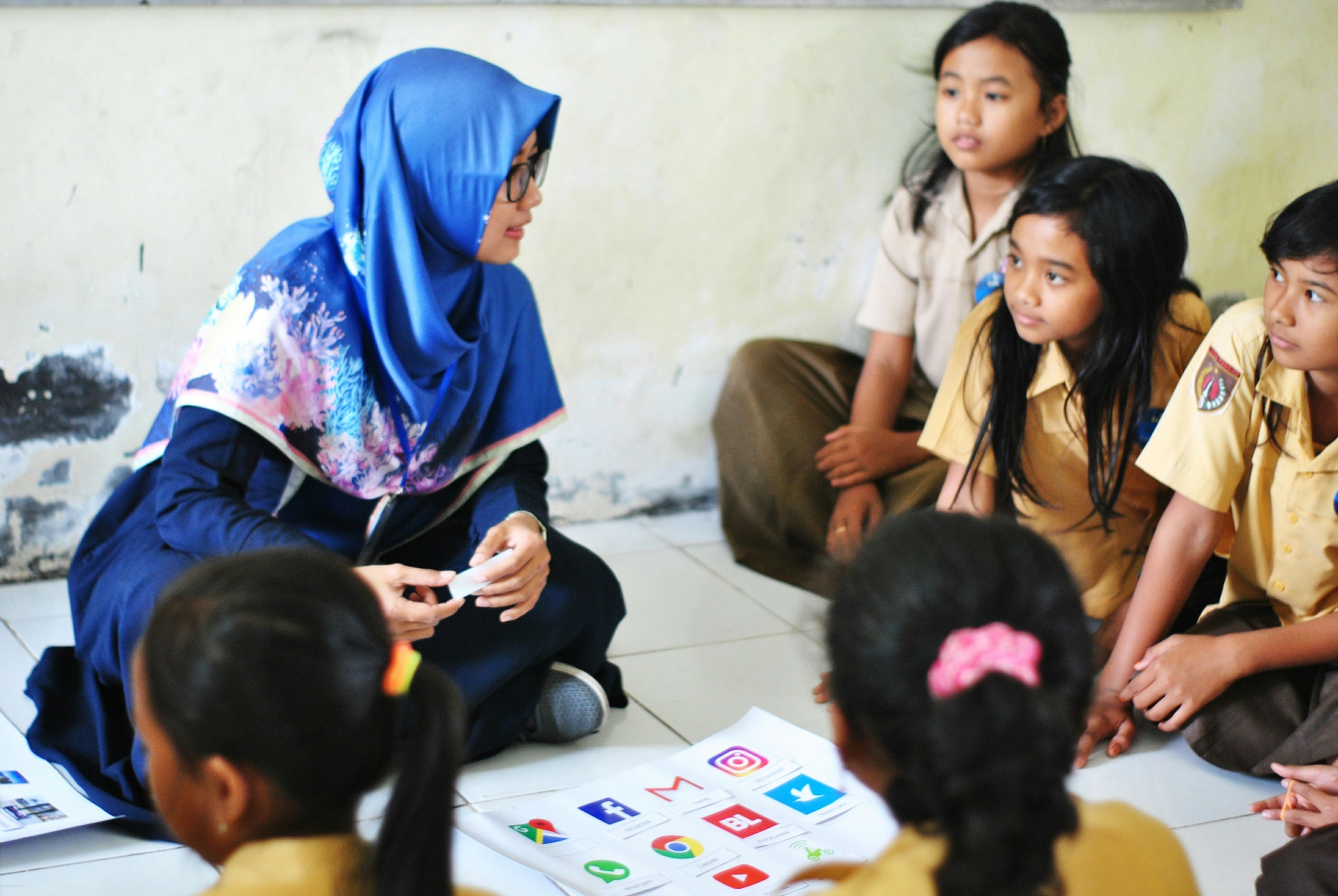The World Bank’s New Gender Strategy: Female Leadership
 Across the world, gender equality is “an urgent imperative,” according to the World Bank. The global community is currently grappling with an unparalleled series of crises disproportionately affecting women and girls. Gender equality is a cornerstone for fostering a world characterized by peace and prosperity, playing an essential role in the global developmental trajectory.
Across the world, gender equality is “an urgent imperative,” according to the World Bank. The global community is currently grappling with an unparalleled series of crises disproportionately affecting women and girls. Gender equality is a cornerstone for fostering a world characterized by peace and prosperity, playing an essential role in the global developmental trajectory.
While achieving gender equality is a continuous challenge for the worldwide community, the proposed World Bank Gender Strategy 2024-2030 attempts to “accelerate gender equality for a sustainable, resilient and inclusive future in alignment with the World Bank Evolution Roadmap.” The strategy actively promotes engagement with public and private sector clients, development partners, civil society and other critical stakeholders to achieve key objectives. Objectives include engaging women as community leaders and increasing opportunities for women, both crucial in addressing gender-specific challenges and promoting overall economic and social progress.
Empowering Women in Eastern and Southern Africa
The World Bank article, “Transforming the Lives of Women and Girls in Eastern and Southern Africa,” focuses on applying the institution’s new Gender Strategy in East and South Africa from 2016-2023 and exploring the future implications of this updated approach. In both Eastern and Southern Africa, women and girls are faced with extreme educational and economic disadvantages continuously. While essential strides for gender equality have been made within these regions, there is still far more to achieve.
“In AFE countries, only 26% of women had an account with a financial institution in FY17 and women are 24% less likely than men to have an account. Only 10% of women borrowed for their business or farm and business ownership is disproportionately skewed toward men; for instance, 70% of Rwanda’s businesses are owned by men.” Ultimately, the World Bank hopes to close these gender gaps and boost female empowerment by continuing to engage women as leaders and increase their opportunities within communities.
Addressing Gender Disparities
In response to the challenges of gender equality, specific projects have been launched by the World Bank’s Gender Strategy to increase women’s participation in entrepreneurial endeavors. One example is the Ethiopia Women Entrepreneurship Development Project, aiming to increase earnings and employment for women in targeted cities. The program guarantees participants access to finances and supports the development of their entrepreneurial and technical skills. It has provided more than 24,000 women with loans, leading to an average income increase of 68%.
The Intersection of Gender Equality and Global Health
The World Bank will continue establishing and developing its New Gender Strategy program because of the positive effects investing in women and girls can have within communities, as shown through a U.N. case study on investing in women’s leadership. The disproportionately high HIV infection rates among adolescent girls and young women, especially in sub-Saharan Africa, stem from intersecting factors such as unequal power dynamics, gender norms and limited access to health care and resources.
To combat this, empowering young women through providing education, access to resources and leadership opportunities is crucial for reducing HIV incidence and achieving global health and gender equality targets. “The world will not be able to defeat AIDS while reinforcing patriarchy. The only effective route map to ending AIDS and achieving the Sustainable Development Goals is a feminist route map,” quoted Winnie Byanyima, the Joint United Nations Programme on HIV/AIDS (UNAIDS) Executive Director.
In Summary
The pursuit of gender equality remains an urgent global imperative, especially amid crises disproportionately impacting women and girls. The World Bank’s Gender Strategy 2024-2030 aims to accelerate equality and global improvements by empowering women as leaders within communities and achieving goals of economic gender equality. Initiatives like the Ethiopia Women Entrepreneurship Development Project exemplify targeted efforts to enhance women’s economic participation and empowerment, echoing the broader call to bridge gender gaps worldwide.
– Marisa Kole
Photo: Unsplash
